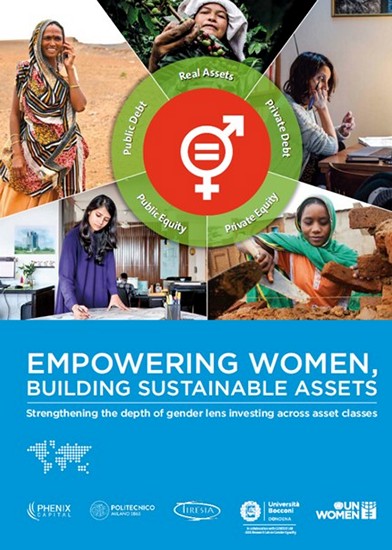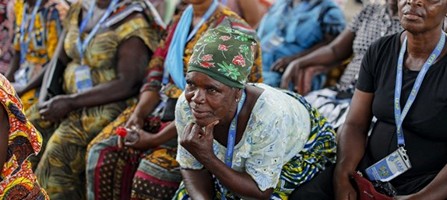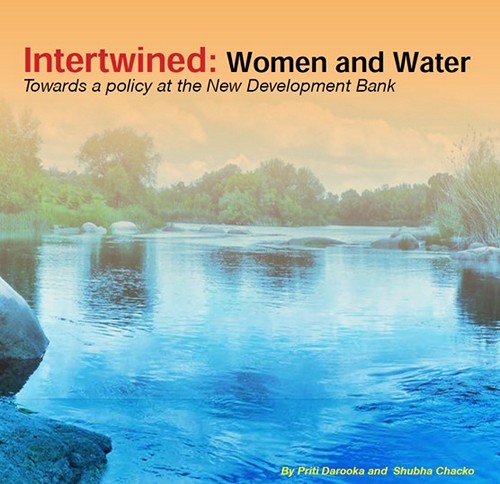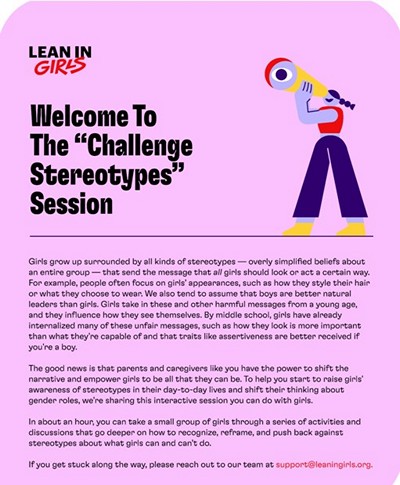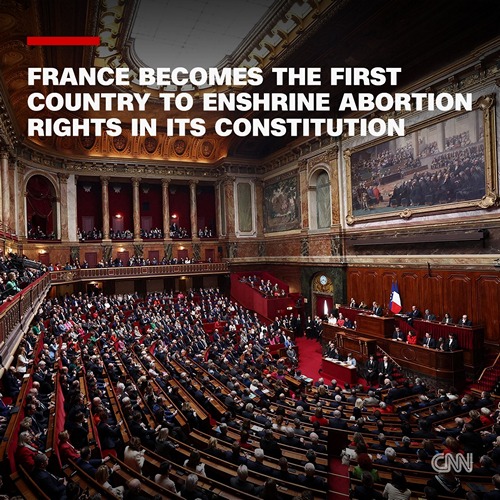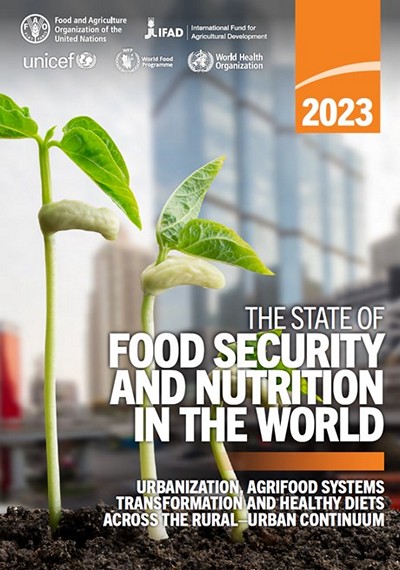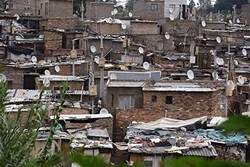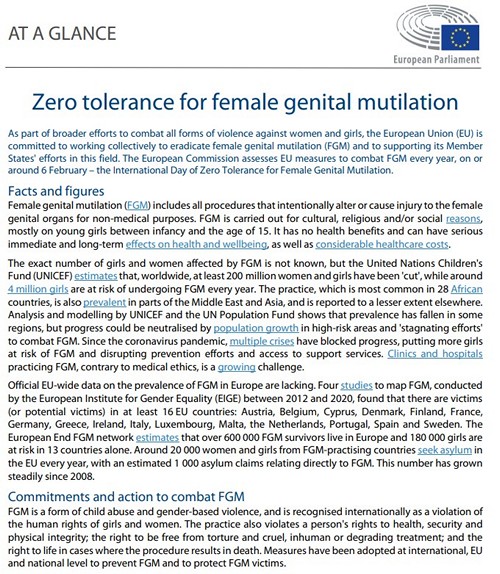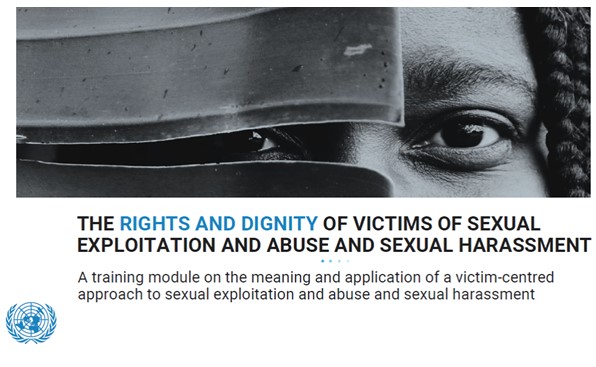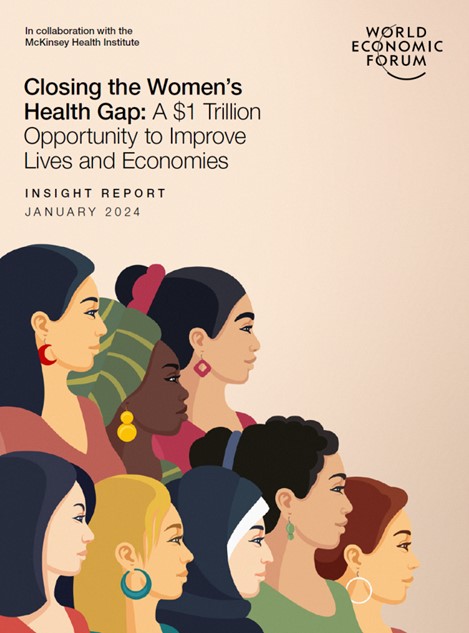Empowering Women: Building Sustainable Assets
Direct Link to Full 62-Page 2024 UN Women Publication: empowering-women-building-sustainable-assets.pdf (unwomen.org) Извор: WUNRN – 20.02.2024
UN Chief Calls to Defend Women’s Rig hts, Amid Disturbing Trends
© UNICEF/Francis Kokoroko Beneficiaries of a UNICEF Livelihood Empowerment against Poverty (LEAP) programme in Ghana.…
Women & Water: Intertwined
Direct Link to Full 8-Page Publication: WomenAndWaterPolicyBrief.pdf (bricsfeministwatch.org) Water is a human lifeline! Water has…
Girls Challenge Stereotypes – Guide
Direct Link to Full 16-Page Guide for Girls to Challenge Stereotypes: Lean In Girls -…
France – First Country to Enshrine Abortion in the Constitution
USA State of Alabama Passes Law to Protect IVF Treatments: Alabama Passes Law to Protect…
State of Food Security & Nutrition in the World 2023
Direct Link to Full 316-Page Report: https://www.fao.org/3/cc3017en/cc3017en.pdf Agrifood systems remain highly vulnerable to shocks and…
Increasing Climate Resiliency in Informal Urban Settlements
https://sdg.iisd.org/commentary/generation-2030/increasing-climate-resiliency-in-informal-urban-settlements/ Increasing Climate Resiliency in Informal Urban Settlements STORY HIGHLIGHTS Participatory solutions to develop climate…
EU – Zero Tolerance for Female Genital Mutilation
The International Day of Zero Tolerance for Female Genital Mutilation – February 6 EPRS_ATA(2017)595916_EN.pdf (europa.eu)…
Rights & Dignity of Victims of Sexual Exploitation & Abuse +
UN Website: VICTIM RIGHTS FIRST: https://www.un.org/en/victims-rights-first#:~:text=The%20victim%2Dcentred%20approach%20puts,affiliation%20of%20the%20alleged%20perpetrator. VICTIM-CENTERED APPROACH: The victim-centered approach puts the rights and dignity…
Closing the Women’s Health Gap
Direct Link to Full 42-Page 2024 McKinsey Report: closing-the-womens-health-gap-report.pdf (mckinsey.com) Извор: WUNRN – 28.01.2024


